I get questions all the time about what my job actually is. I often get asked if being a Financial Coach is the same as being a Financial Advisor. And…the answer is sometimes.
I know, I know, I always give the sometimes answer. But, basically, the sometimes answer is always right (now I’m just being obnoxious).
Anyway, I want to take the time to explain the difference between these overlapping jobs, at least as I understand them. There will absolutely be other opinions out there that don’t perfectly match mine!
Financial Advisor
Financial Advisors are sometimes called Investment Advisors or Money Managers as well. Those three terms are quite interchangeable, but they often overlap quite a bit.
Financial advisors most frequently advise on investments, oftentimes actually handling a person or company’s investments on their behalf (i.e. making trades, recommending stocks or portfolios, recommending investment and related tax structures). Their job is to make recommendations to their clients based on the information they have at hand. While there are meetings that take place between advisors and clients, they aren’t super frequent (typically annually, semi-annually, or quarterly). Meetings are usually focused on updating clients on their current investment portfolio and making recommendations on next steps.
This is what I did right after earning my MBA and, while a lot of the knowledge I gained during this period impacts my work now, very little of my actual work is the same. I no longer focus solely on investing and I no longer handle anyone’s money or investments on their behalf. I no longer put together 401k plans or group health insurance plans, but Financial Advisors DO do all of those things!
To note, many Financial Advisors (like basically all professionals), focus on one or a couple areas of work. Some only work with individual investors. Some only work with companies. Many have set a net worth minimum for prospective clients.
Financial Advisors most often get paid based on a percentage of “assets under management”. This means that an advisor makes a specific percentage (think 1%, 0.75%, etc.) per year of the funds they manage. The more money you have with that advisor, the more money they make off of you.
Financial Coach
This is what I refer to myself as, but, as I state below, I act as a consultant as well.
Financial Coaches work with clients to help them learn new skills, crucial knowledge, and operational processes to better manage their own money.
Like all of these professionals, coaches tend to focus on specific financial issues or specific types of clients. My personal expertise is working with small business owners and freelance professionals who have fluctuating income and want to reach their professional and personal financial goals as well as create systems for financial operations, analysis, projections, and daily habits. That messy middle in between business and personal finance is my jam!
Other coaches may focus on more specific financial topics, such as debt management, investment strategy, or personal budgeting or on other types of clients (i.e. individuals with a specific net worth, folks nearing retirement, people with specific career paths).
Coaches typically work with clients in person or through virtual meetings. Client time is reserved for teaching, asking questions, analyzing current systems and helping clients practice new skills or set up new systems. There is no doing for you, but instead a focus on helping you learn how to do it yourself.
Some coaches also provide online classes (I have one with Puno of ilovecreatives here!) or group coaching opportunities.
My Financial Coaching services consist of:
Monthly coaching packages with either one or two sessions/month for 6-12 months
Sprint Day packages with (typically) 3-6 three hour intensive sessions over the course of a few months
Financial Coaches typically get paid on a monthly or by session price. I had been paid by the session for many years, but recently moved that to a monthly system to better incorporate all of the backend research, preparation, and client communication I do in between sessions.
Financial Consultant
This one really feels like the catchall term in the world of advisory financial services. A financial consultant consults (ughhhh, I’m the worst!). But they do!
Financial Consultants work clients on a wide range of financial issues. They do not do the work on a client’s behalf or manage money a la a Financial Advisor, but also don’t necessarily teach clients new skills, a la a Financial Coach. Instead, Financial Consultants review the current reality and make recommendations on next steps, some of which they may help implement to a degree, but would not take full responsibility of doing.
For example, a financial consultant would likely create projections of potential financial growth scenarios for a company, but would not implement any of the necessary functional changes for the company. A financial consultant would likely review and analyze an investment portfolio and help the client determine what works well for them, what doesn’t, and how to change it, but would not do it for them. The difference between a Coach and Consultant is the amount of backend time needed to help the client reach their goals. I spend hours of time researching, analyzing, and creating spreadsheets for my consulting clients, whereas I spend most of my time with my coaching clients actually communicating (either via email or via video sessions).
Like coaches and Advisors, most Consultants have a specific expertise and only focus on that type of client or that type of work. The folks I work with on a consulting basis are very similar to the folks I work with on a coaching basis. The difference is often either the scale of their business (i.e. larger business, more revenue, more staff) and/or the specific financial goals they have.
My Financial Consulting services consist of:
Business Strategy and Support monthly packages for small business owners, that consists of some mixture of the following areas of consultation:
Financial strategy creation and/or advising
Financial operations and management
Pricing determination for services and products
Revenue analysis
Expense analysis
Account(s) systems and maintenance structures
Investments and fundraising
Bookkeeping
Growth and/or time horizon projections
Debt management and/or strategy
Financial Consultants usually get paid more like Coaches than Advisors. They get paid on an hourly, monthly, or per project basis, depending on the coach and the scope of work. I work with clients on a monthly basis with a cap on the number of hours of backend work that I will do.
So, do you need one of these people in your life?
My go-to answer when I get asked this is, “maybe, but not necessarily”.
Most folks don’t need a Financial Advisor unless you are managing a large investment portfolio or are in charge of benefits for a company.
Note: if you are in the market for an investment or financial advisor, hit me up! I’m happy to share some recommendations.
I’m rather partial to financial coaches, but I still don’t think everyone needs them. If your financial reality is pretty simple (i.e. no high interest debt, steady income, relatively steady expenses, and no complicated tax or other financial structure) then you likely don’t need a Coach. However, if you are really struggling with the emotional and mental aspects of your finances, you may need a coach who specializes in that area or a Financial Therapist.
Financial Consultants work best when you have come to the point in your (almost always business) finances where you know you need help and don’t want to have to learn how to do everything by yourself, but you aren’t at the point where you need to hire someone full-time.
If you thought, “hmmmm, that could be me!” to either of the last two bullet points, let’s chat!
As always, I’m rooting for you.
XOXO,



